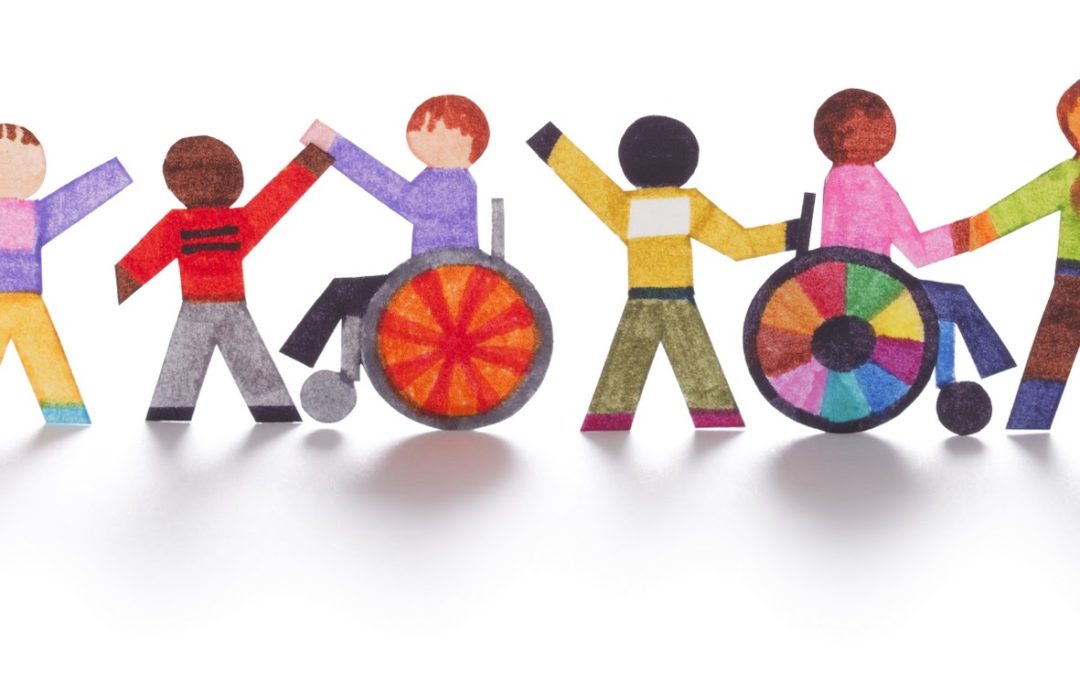What is mindfulness and how can it help us raising kids with additional needs?
Simply put mindfulness is the process of purposely bringing one’s attention to experiences occurring in the mind and body in the present moment without judgment.
As parents when we pause, notice and identify our emotions and feeling states, instead of just reacting to them, we can be more calm and focused, make better decisions and see the bigger picture in any given situation.
We can also equip our kids with the skills to help them identify and manage their emotions so they too can stay calm, positive and focused and make better decisions.
As I noted above, big emotions have been a large part of our family’s journey. Kids with autism are especially prone to big emotions as they are fundamentally anxious and like to know exactly what is in store for them both at home, at school and in day-to-day life. When unexpected things happen our kids can feel very confused, angry and frustrated and may go into meltdown, lashing out physically and verbally.
This happened recently while I was driving my daughter back from an eye appointment in the city. Although we had planned the visit for some months, and had been reminding V that we would be skipping school in the morning, the check up was a deviation from her normal school routine
Although V was impatient and fidgety at the check up itself, things went relatively smoothly. However, on the way home in the car, V exploded and began yelling and she hit me while I was driving.
Needless to say when you are driving you need to focus and this can be very difficult when a child is yelling and hitting you. Although I was feeling distressed I chose to not react in this moment, but rather to empathise with V that it was frustrating when our routines change. I also told her calmly but firmly that it was not Ok to hit and reminded her of the dangers of being distracted while driving.
I did not raise my voice and did not mirror her anxiety but said I would pull over and resume driving home when it was safe to do so. I pulled over, repeated my plan and after about five minutes V had calmed down enough for me to drive home safely.
Things do not always go like this. There have been times when either myself or my partner have lost our patience and become embroiled in pointless arguing and yelling that leaves us feeling depleted and ashamed and our daughter misunderstood.
Being mindful can help us to recognize and name our emotions and to not act out on them. I have learned that when we can recognize and name our emotions they lose their power over us and we can avoid escalation of negative emotions. Needless to say this is a good outcome for our kids with additional needs who need extra help to identify and manage their frustration before it turns into rage.
Until next time – stay mindful, calm and focused and enjoy your kids, Alissa.


Recent Comments